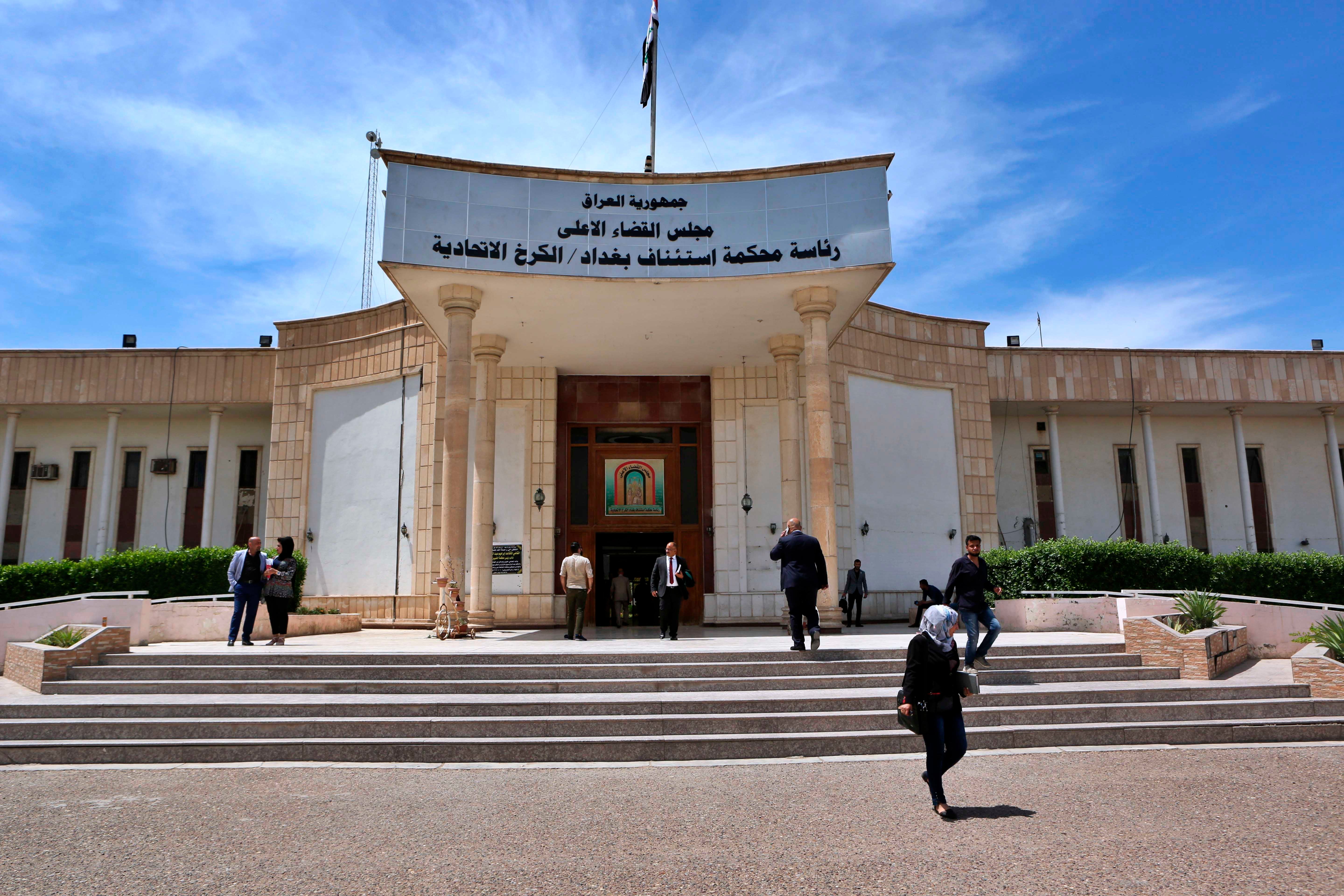Investigating a Massacre, Iraq Should Address Root Causes
On December 31, Iraqi security forces killed 20 people from a single family in a raid on a home in Jableh district in Babil governorate, south of Baghdad.

Security forces carried out the raid after reportedly receiving false information about a suspect purportedly living there. While the Iraqi government swiftly opened an investigation, the authorities should examine how security forces often appear to rely on unsubstantiated, questionable, and/or false information to target suspects, especially alleged ISIS members. On January 3, the Iraqi judiciary charged 13 people – including 9 state security personnel for their involvement in the Jableh operation and killings. Iraq’s High Judicial Council said in a statement that a relative of one of the victims provided “false information as a result of family disputes.” Prime Minister Mustafa al-Kadhimi also subsequently dismissed senior officers in Babil, including the police chief in Babil governorate and intelligence chiefs in Jableh and Babil, and formed a committee of senior security officials to investigate the massacre.
The Iraqi government’s quick and high-profile actions are a positive response to these killings. But the authorities have previously formed committees to investigate human rights violations while failing to publicly disclose any findings.
There has been little transparency on any measures to sanction those responsible, nor have there been any structural changes to address the root causes of these abuses.
The committee should directly address how unsubstantiated information is often used to justify targeting and arresting suspects. Human Rights Watch has long documented the misuse and abuse of Iraq’s anti-terrorism laws and policies. Iraqi authorities, for instance, continue to rely on unverified information provided to them by secret informants about former ISIS members and sympathizers. Media and Human Rights Watch reporting has shown that some residents and families have exploited security forces’ reliance on often unsubstantiated accusations from informants to settle personal and family disputes. Reports indicate that in this case, the informant who provided the false information was a police officer himself, raising still more concern about the perversion of anti-terrorism laws and policies among those tasked with enforcing them.
The Jableh massacre is a tragedy. It will be even more devastating if the authorities who claim they intend to prevent another like it fail to address the structural issues that helped facilitate these killings.
Read the full article at the original website
References:
- https://reliefweb.int/report/iraq/iraq-slaughter-20-civilians-babil-requires-urgent-investigation-accountability
- https://www.rudaw.net/english/middleeast/iraq/030120222
- https://i.unu.edu/media/cpr.unu.edu/attachment/3127/2-LoP-Iraq-final.pdf
- https://www.hrw.org/news/2017/12/05/iraq-flawed-prosecution-isis-suspects
- https://hjc.iq/view.69148/
- https://www.shorouknews.com/news/view.aspx?cdate=03012022&id=f0c0f3b8-6121-471f-aed6-fb520e3abe3a
- https://www.rudaw.net/english/middleeast/iraq/050120222
- https://www.nasnews.com/view.php?cat=77430
- https://www.hrw.org/news/2020/08/07/submission-human-rights-watch-un-human-rights-committee-advance-its-review-iraq
- https://www.hrw.org/news/2019/03/06/iraq-isis-child-suspects-arbitrarily-arrested-tortured
- http://www.vertic.org/media/National%20Legislation/Iraq/IQ_Anti-Terrorism_Law.pdf
- https://reliefweb.int/sites/reliefweb.int/files/resources/Iraq_-_ISIL_trials_under_the_anti-terrorism_laws_and_the_implications_for_justice_28012020.pdf
- https://www.hrw.org/news/2020/09/16/how-answer-iraqs-dangerous-failure-put-stop-torture
- https://www.hrw.org/news/2021/10/28/iraq/kurdistan-region-former-isis-suspects-stuck-limbo
- https://apnews.com/article/after-the-caliphate-islamic-state-group-ap-top-news-international-news-iraq-bc113d09dc2e46a68adf45de6b956a6e
